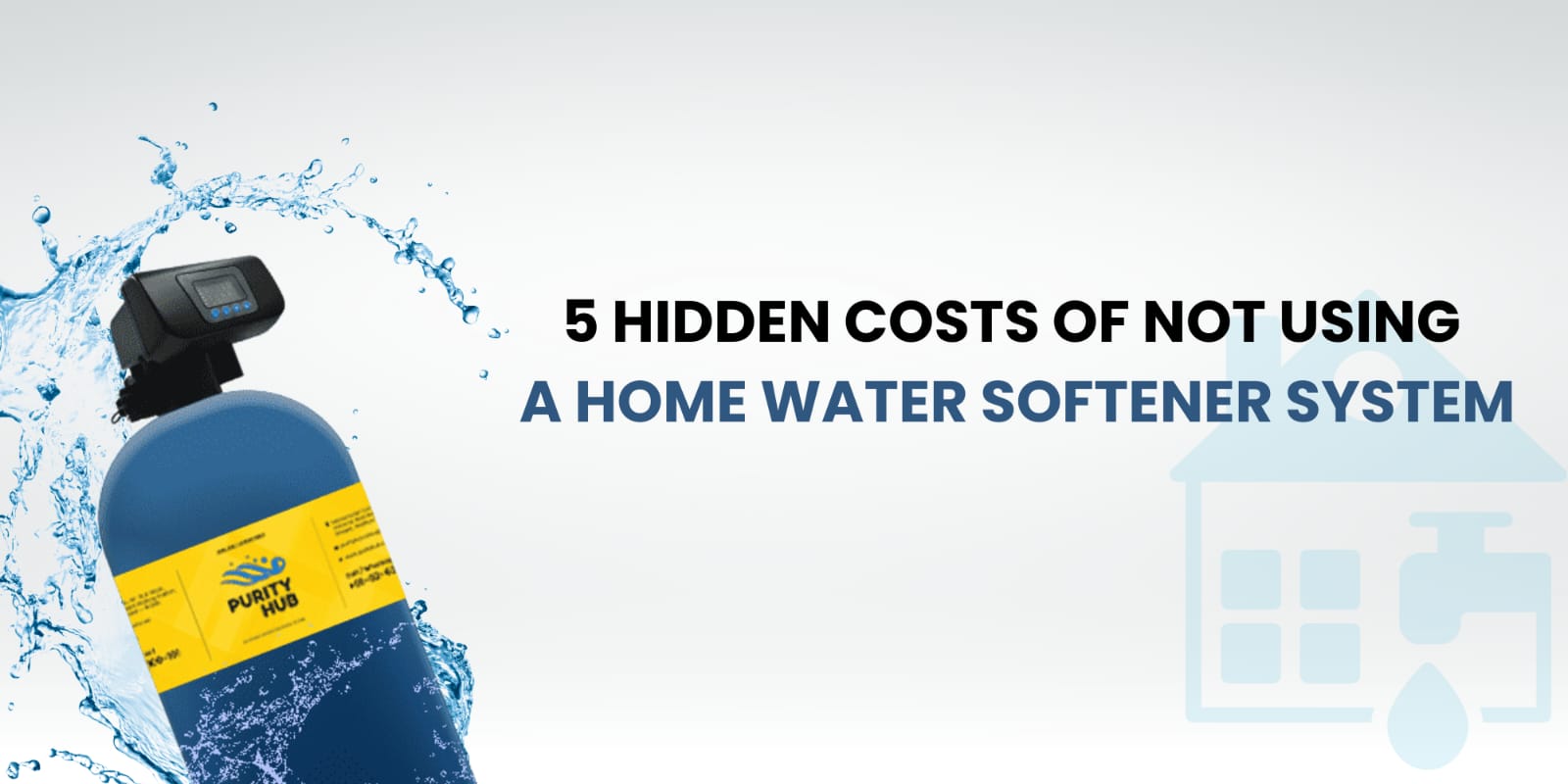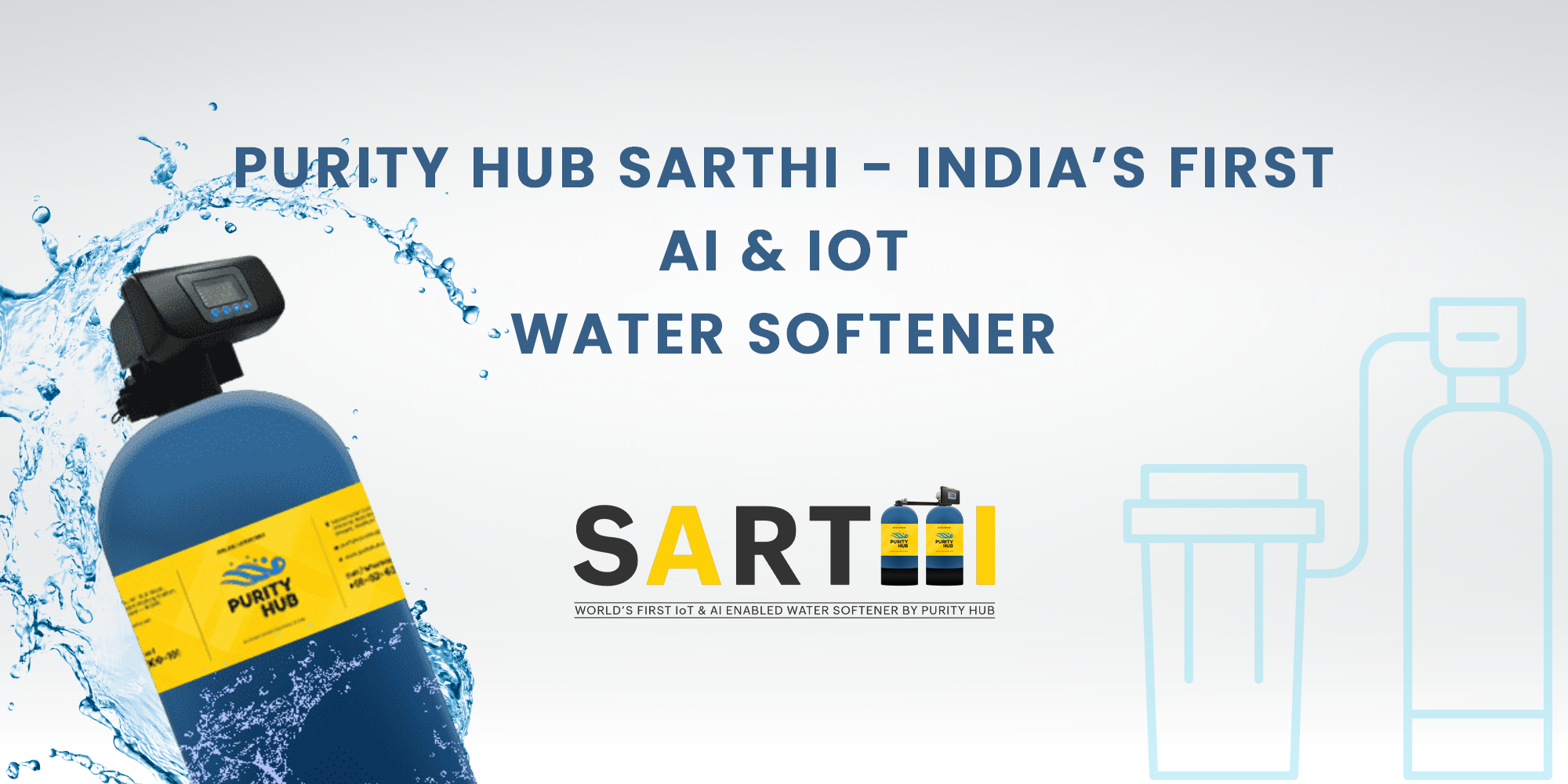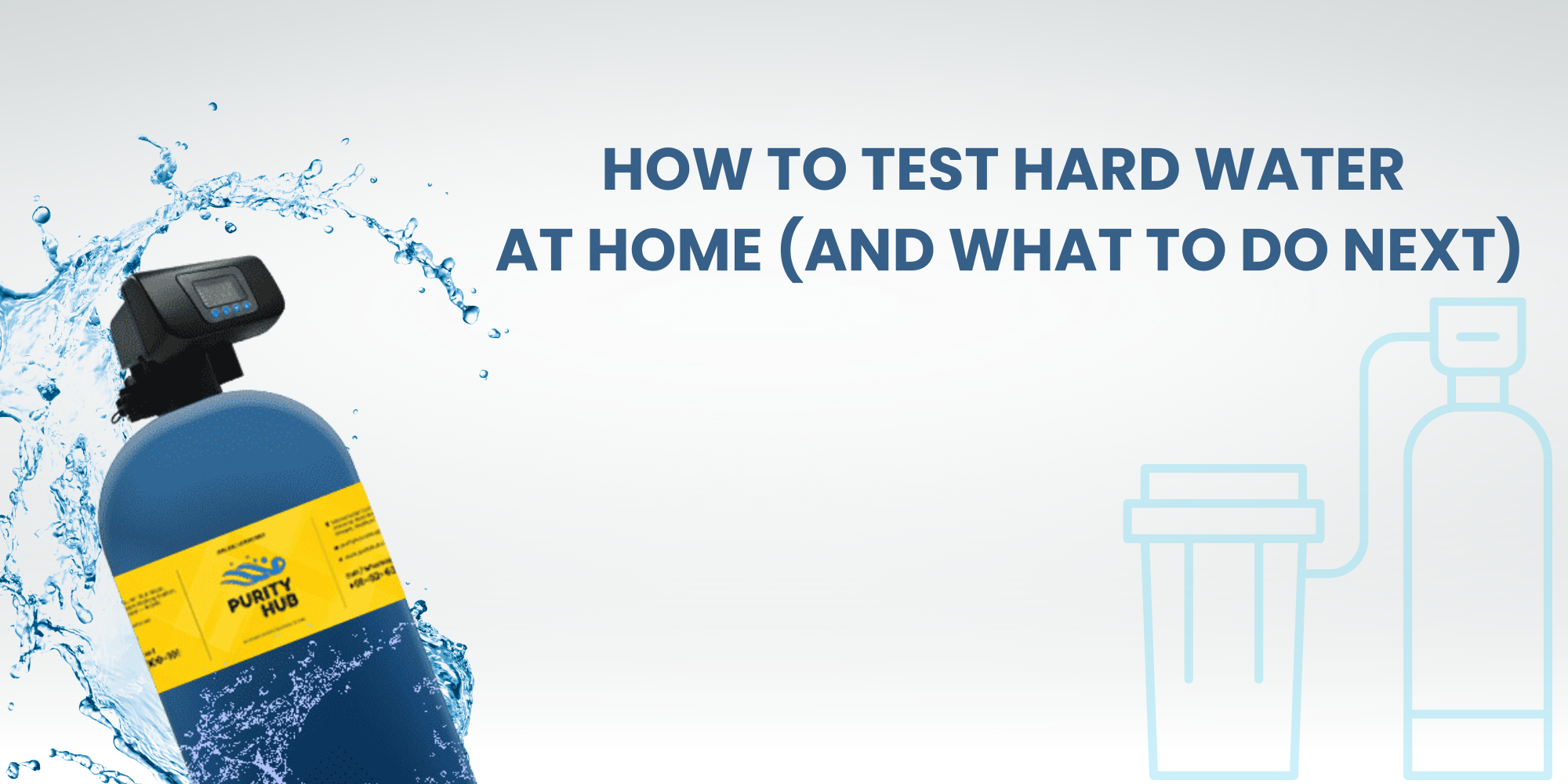
Summary
Hard water can cause several hidden costs that drain your finances and harm the environment. From increased energy bills to frequent appliance repairs, not addressing hard water issues can be costly in the long run. This blog delves into five hidden costs of not using a home water softener system and explains why investing in one is a financially and environmentally smart decision.
5 Hidden Costs of Not Using a Home Water Softener System
Hard water is more than just an inconvenience. It’s a silent culprit responsible for a host of problems that impact your wallet, household appliances, and the environment. If you’ve been putting off installing a home water softener, it’s time to understand the hidden costs of living with untreated hard water. Let’s explore five ways hard water can hurt your finances and how a water softener for home can be a game-changer.
1. Frequent Repairs and Replacements of Appliances
Hard water contains high levels of calcium and magnesium, which cause limescale buildup in appliances like washing machines, dishwashers, and water heaters. Over time, this buildup decreases their efficiency and shortens their lifespan.
A water heater, for instance, can lose up to 48% of its efficiency due to scale deposits, leading to frequent breakdowns or complete replacements.
Dishwashers often require costly repairs when mineral deposits clog essential components.
By installing a hard water softener, you can extend the life of your appliances and save hundreds, if not thousands, on repairs and replacements.
2. Higher Energy Bills
When limescale forms inside water heaters and pipes, it acts as an insulator, forcing your appliances to work harder to heat water. This increases energy consumption and inflates your utility bills.
Studies have shown that water heaters running on hard water consume 29% more energy than those using softened water.
Similarly, clogged pipes reduce water flow, causing pumps and heaters to overwork.
A household water softener eliminates these inefficiencies, helping you save on energy costs while reducing your carbon footprint.
3. Plumbing Repairs and Pipe Replacements
The minerals in hard water don’t just damage appliances; they also wreak havoc on your plumbing system. Over time, limescale accumulates inside pipes, reducing water flow and increasing the risk of blockages or even pipe bursts.
Unclogging or replacing pipes can be a costly and time-consuming endeavor.
Corrosion caused by mineral deposits may also lead to leaks, further escalating repair expenses.
Investing in a water softener for home can prevent these issues, ensuring smooth water flow and reducing maintenance costs.
4. Increased Spending on Cleaning Products
Hard water makes it difficult for soaps, detergents, and shampoos to lather effectively. This means you need to use more product to achieve the same level of cleanliness, which can add up over time.
Laundry detergents, dishwashing liquids, and shampoos are used 50% faster in households with hard water.
Hard water also leaves unsightly stains and soap scum on surfaces, requiring stronger cleaning agents and extra effort.
With a home water softener system, you’ll use less soap, detergent, and cleaning products, saving money while reducing chemical waste.
5. Lower Property Value and Home Appeal
Hard water damage isn’t just limited to appliances and pipes—it can affect the overall appeal of your home. Stains on sinks, tubs, and faucets, along with deteriorating plumbing systems, can lower your property’s value.
Potential buyers may view hard water damage as a red flag, reducing their willingness to pay top dollar for your home.
Bathrooms and kitchens with visible hard water stains or scaling appear unkempt, making it harder to impress guests or buyers.
By installing a hard water softener, you not only preserve your home’s infrastructure but also maintain its market value.
Why a Home Water Softener Is a Smart Investment
Ignoring the problems caused by hard water can lead to significant financial and environmental repercussions. A household water softener is a one-time investment that pays for itself over time through:
Lower energy bills.
Fewer appliance and plumbing repairs.
Reduced spending on cleaning products.
Additionally, softened water is gentler on your skin, hair, and clothes, offering lifestyle benefits that go beyond cost savings.
Final Thoughts
Hard water may seem harmless at first glance, but its hidden costs add up quickly. From damaged appliances and high energy bills to costly plumbing repairs, the financial burden of untreated hard water is undeniable. Investing in a home water softener system is a practical solution that protects your household, saves money, and contributes to a healthier planet.
If you’re ready to eliminate hard water problems and secure long-term savings, explore the range of water softener for home options at PurityHub. It’s time to make the switch and experience the difference softened water can make!
Share to friends:



